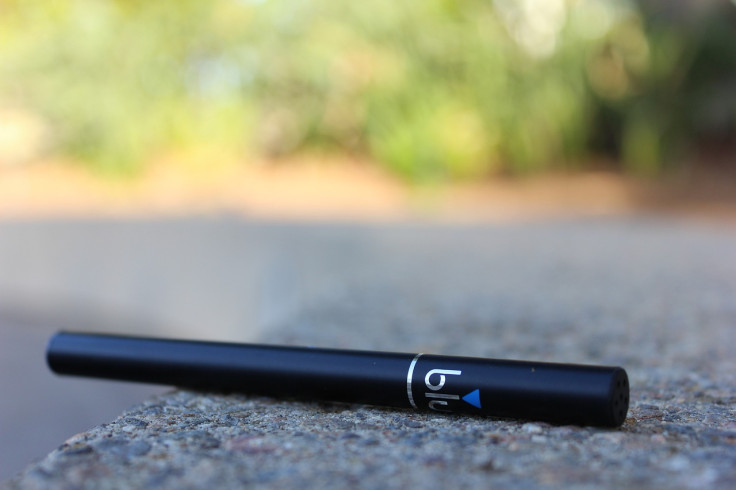Navigating the Smoke: The Evolution of the Tobacco Industry and Emerging Innovation
The traditional cigarette market has been experiencing a steady decline as the popularity of vaping emerges among the mass public.

Is the decline of cigarettes among us?
The traditional cigarette market has been experiencing a steady decline. As per Philip Morris International's integrated report: "Cigarette sales can END within 10 to 15 years in many countries."
This decline is backed by numerous studies highlighting the harmful effects of smoking, leading to a shift in consumer behaviour.
The decline in traditional cigarettes has sparked a quest for the ultimate substitute. Vaping emerged as a popular alternative, promising a similar experience without the associated health risks. However, the vaping industry has faced its share of setbacks, including health concerns and regulatory challenges.
In fact, earlier this year, Tobacco Giant Altria announced that it is exiting the vaping group, Juul. Altria's decision to exit its investment came after Juul reached a costly settlement for 5,000 lawsuits alleging it helped cause a teenage "vaping epidemic", and the US FDA banned Juul's products as part of its sweeping review of 6.7 million e-cigarette products.
In other words, despite its initial promise, vaping has not been able to fully replicate the unique experience of smoking, leading to a lack of widespread adoption among traditional smokers.
The Industry's Search for the Ultimate Solution
Industry giants are now seeking the ultimate solution – a product that provides the familiar experience of smoking without the associated harms. This quest has led to significant investments in research and development, with companies exploring various alternatives to traditional tobacco products.
For example, as of July 2022, British American Tobacco (BAT) had invested $1.4 billion in research and development since 2018, and since 2008, Phillip Morris International (PMI) has invested more than $9 billion in the R&D of smoke-free products.
In this evolving landscape, multiple companies are in search of the holy grail of social smoking, and billions of dollars are spent by giants and startups alike on research. One company, in particular, has emerged with bold claims of hitting the sweet spot of a reduced-harm answer to legacy cigarettes.
Led by a group of entrepreneurs with a somewhat solid record of past innovation, the Jerusalm-based (Jerusalem, Israel) SameTaste Ltd. is being hailed by some smoke-entertainment industry execs as the potential "future of smoking". According to the company, they have developed a proprietary process that extracts the distinctive flavours of tobacco, namely Tobacco Flavonoids, that provides a near-identical smoking experience without harmful substances.
SameTaste has apparently introduced a unique approach that has gained traction and sparked conversations within the industry, positioning it as a potential game-changer Pygmalion.
The company's leadership presents an interesting angle with veterans from Israel's defence industry advanced tech units who have transitioned their military engineering skills to develop a genuine solution to the tobacco industry's challenges.
This is just one example of what we see as the first post-rain mushroom blossom that has come up with an actual solution, but the global affinity of humans to the smoking experience and in-mouth burning sensation is probably enough of a financial drive for many others to try their luck with other potential solutions.
Looking Ahead
As the tobacco industry continues to evolve, innovative companies are bound to develop healthier alternatives to the traditional cigarette experience. A healthy, pleasant-to-all tobacco smoking experience seems like a contradiction in terms, but science and innovation have proven us wrong many times before. There just may be a tobacco industry renaissance around the corner.





















